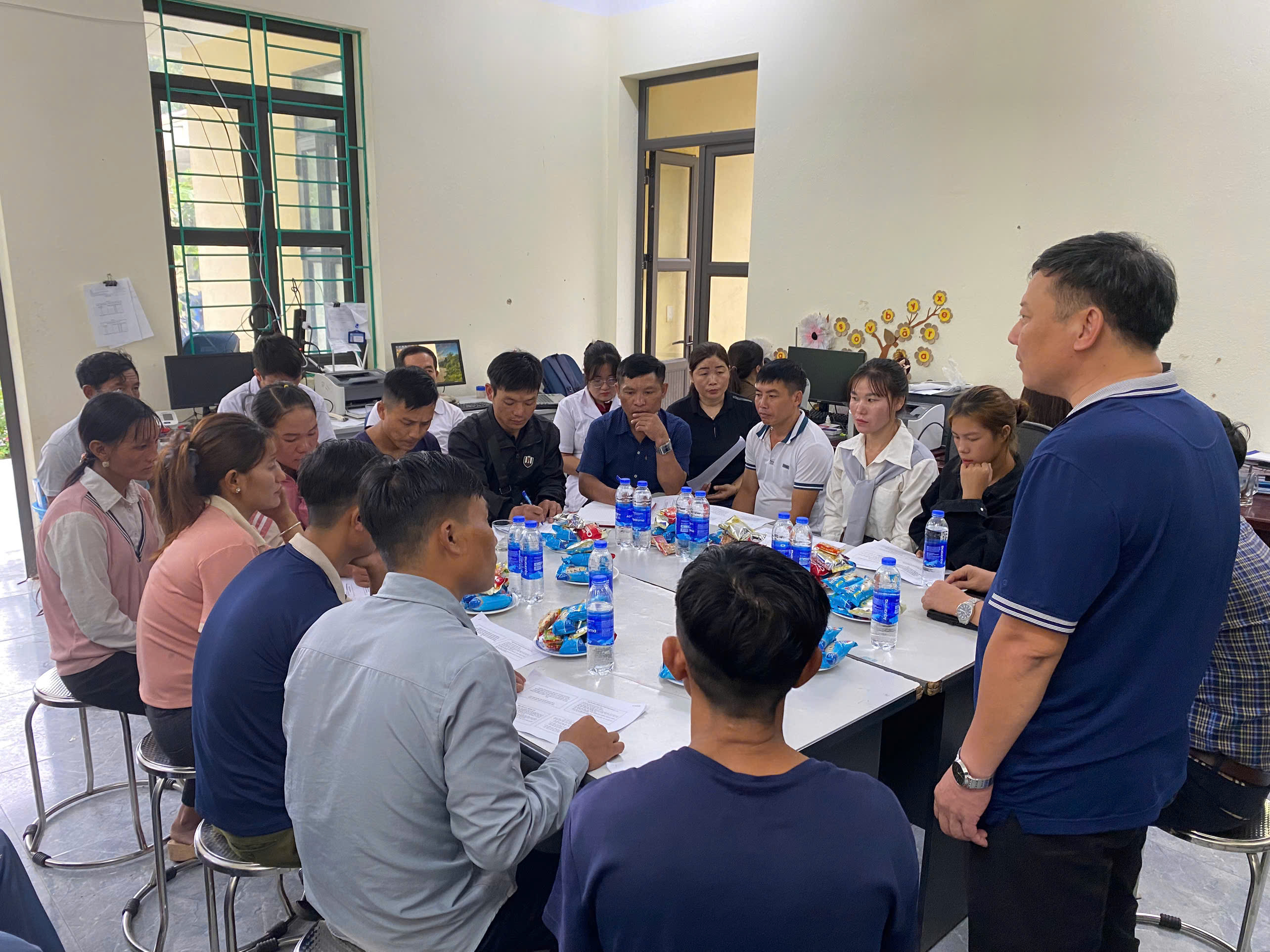
Unitaid has launched two separate calls for proposals united by a common theme: developing better, more efficient treatments that will help bring about the end of malaria and other global epidemics.
The latest Unitaid calls seek projects that can:
help eliminate the world’s second-most common species of malaria, Plasmodium vivax, by improving access to better paediatric and adult treatments;
speed the development of long-acting versions of medicines for malaria, HIV and tuberculosis. Long-acting formulas hold the potential to revolutionize treatment and prevention of these diseases, and also serve as important tools in fighting antimicrobial resistance.
To find out more about these calls for proposals, visit the Unitaid website. We also include a brief summary of each of the new calls below.
APLMA collaborates closely with Unitaid to help accelerate access to innovations to halt the spread of malaria and other mosquito-borne diseases in the Asia Pacific region.
Summaries of latest Unitaid calls for proposals
Better tools for the diagnosis and treatment of Plasmodium vivax malaria
More than one-third of the world’s population – over 2.5 billion people – is at risk of Plasmodium vivax (P. vivax) malaria – the second most common species of malaria. P. vivax occurs in high burden countries but also accounts for over 70% of malaria cases in countries approaching elimination. It can cause severe disease and death, and represents a major financial burden to patients and their caregivers. High-risk groups include migrant populations, the rural poor, and other marginalized groups, as well as children under 5 who have the greatest chance of suffering negative health consequences as a result of their infection.
Unitaid is inviting proposals for the following interventions aimed at accelerating the availability, adoption and scale-up of improved tools to diagnose and treat P. vivax malaria, including:
Establishing a supply of quality-assured paediatric primaquine, and supporting the early introduction of paediatric tafenoquine.
Pilot implementation of vivax radical cure tools in a selection of countries.
Submission deadline: 17 April 2019
Read more
Accelerating impact of long-acting technologies in low- and middle-income countries (LMICs)
The objective of this call for proposals is to speed the development of existing medicines, into long-acting products, for treatment and prevention of diseases including malaria, HIV and its coinfections/comorbidities, as well as tuberculosis (TB).
Unitaid defines ‘long-acting products’ to mean sustained/extended release products that allow slow absorption of administered drugs maintaining their effects over long periods of time (i.e. over a week for oral products, over a month for injectables and other devices such as implants, patches or rings). The expected change in public health impact for the new products, compared to current daily oral formulations, would need to be explained in each case.
Proposals should include the following elements:
Re-purposing critical standard-of-care medicines into long-acting products, examples of such products may include injectables, implants, oral dosing technologies, or other; and
Enabling sound commercialization to facilitate subsequent uptake and scale in LMICs for resulting products. Considerations include: capacity for adequate and quality-assured production; regulatory strategy for LMICs; licensure and pricing strategies that can facilitate introduction and broad access in LMICs.
Submission deadline: 17 April 2019
.svg)









